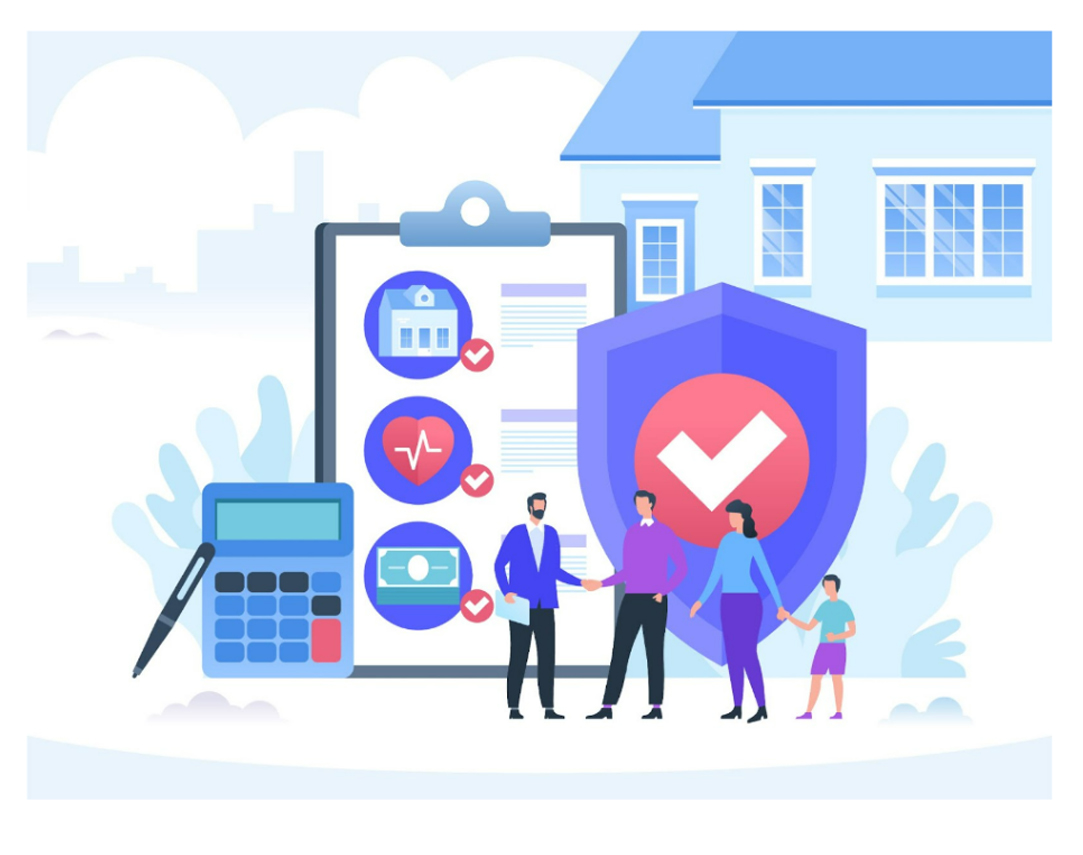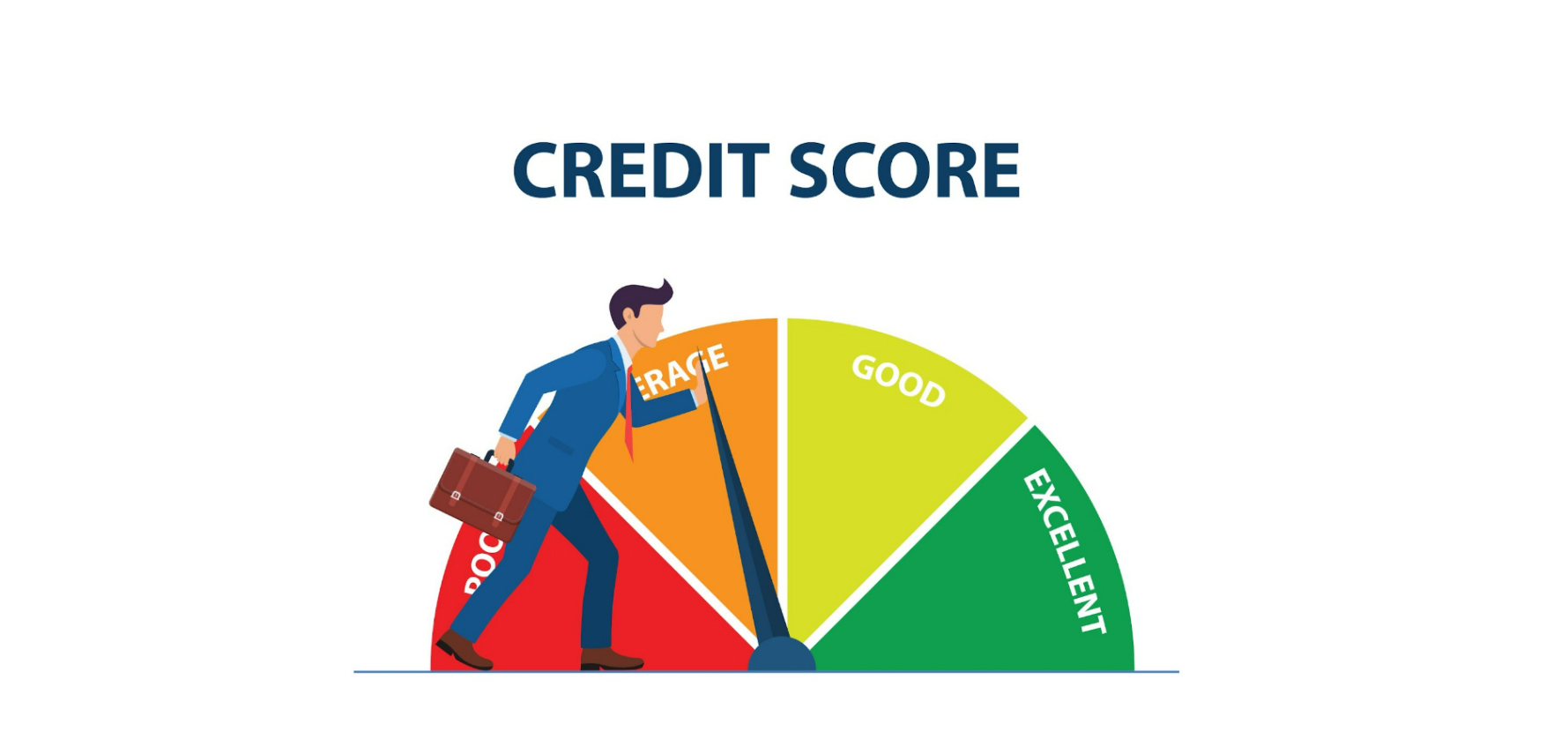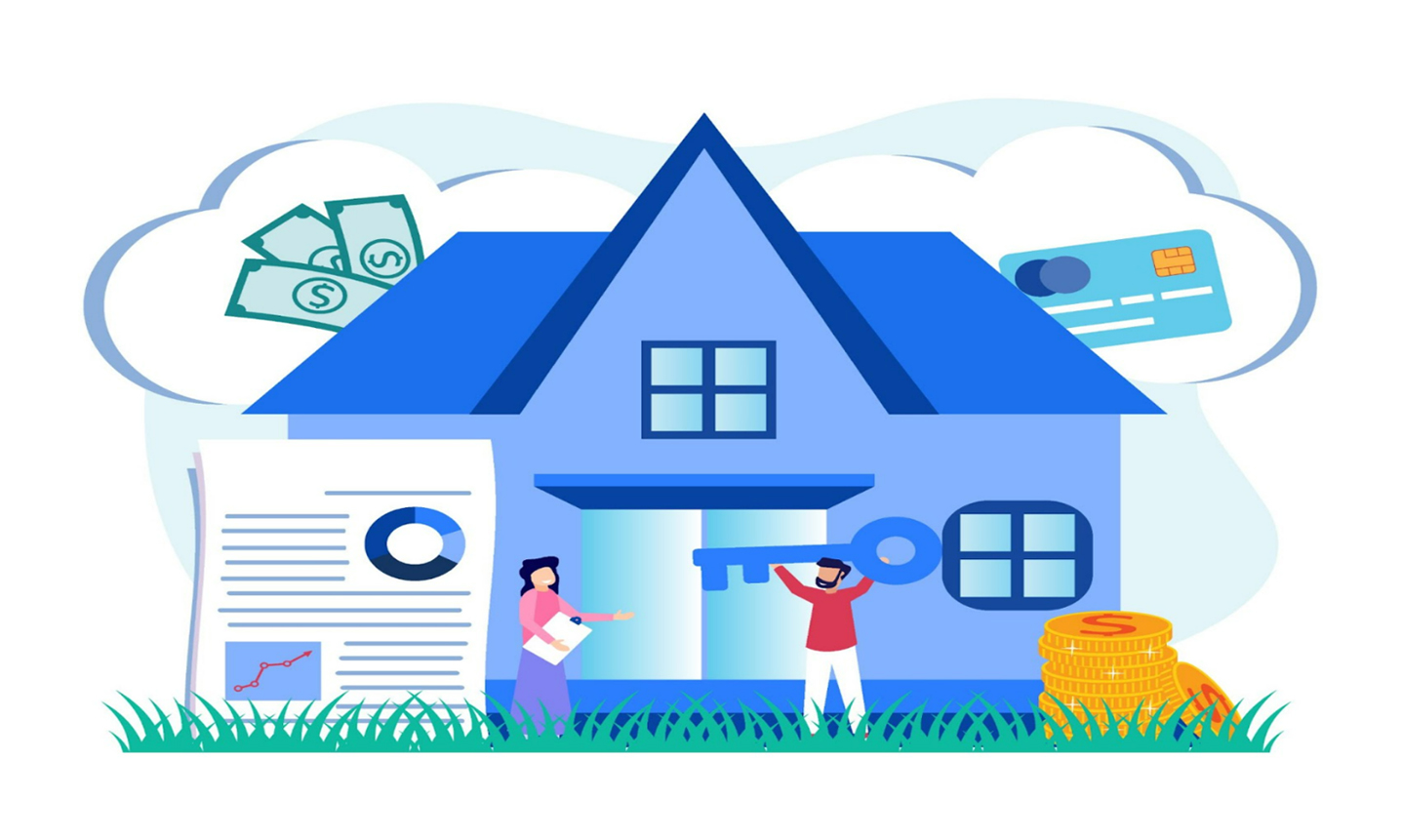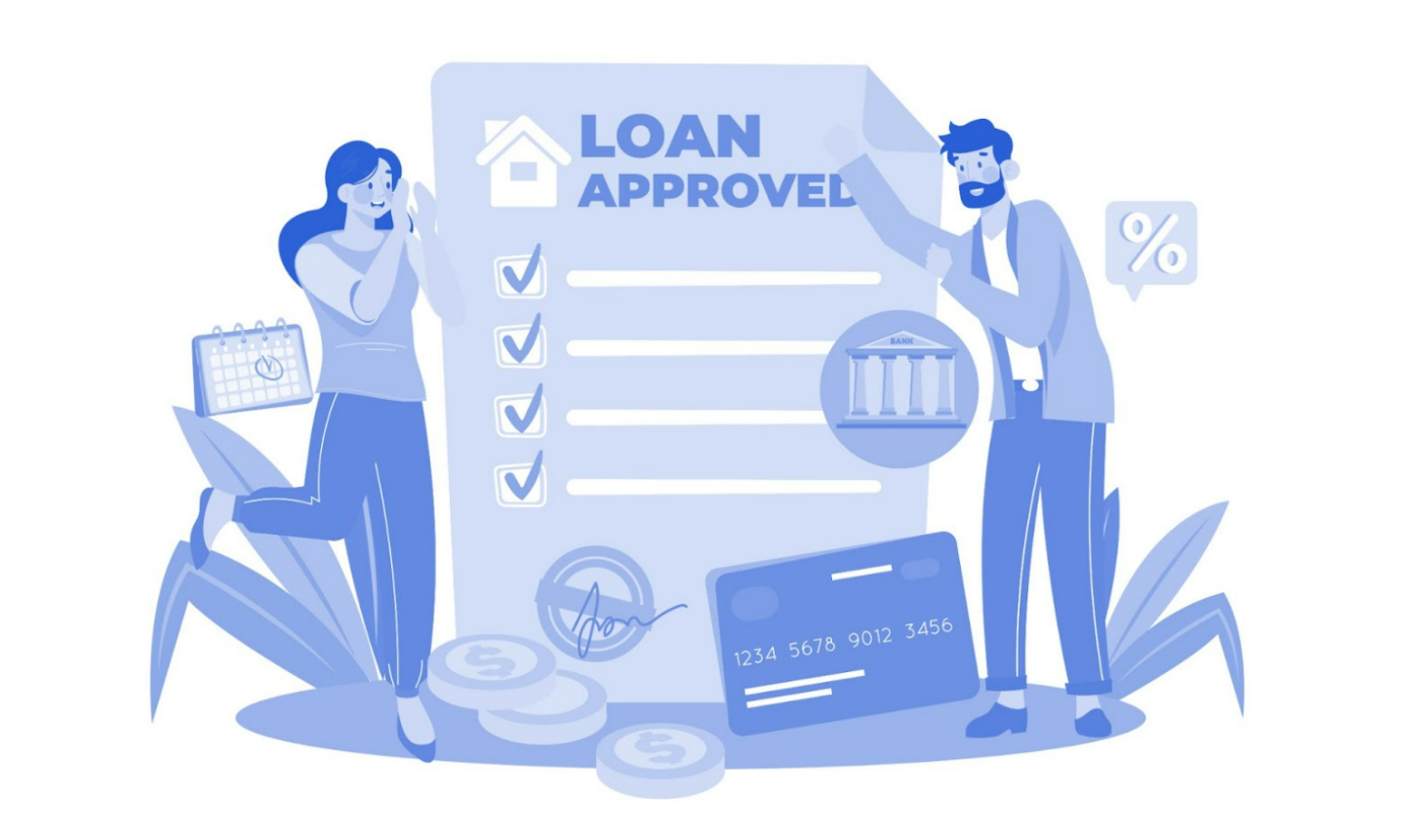Is Loan Against Property for Debt Consolidation a Smart Move?
Debt consolidation is a financial strategy that many individuals consider when they find themselves juggling multiple debts, such as credit card bills, personal loans, and other financial obligations. One option for consolidating debt is taking out a loan against your property, also known as a loan against property (LAP). While this can be an effective way to manage your debts, it’s essential to weigh the pros and cons carefully to determine if it’s a smart move for your unique financial situation.
Understanding Loan Against Property
Before delving into whether LAP is a smart move for debt consolidation, let’s first understand what it entails. A loan against property is a secured loan where you use your property, whether it’s your primary residence or a property you own, as collateral to borrow money from a financial institution. The amount you can borrow typically depends on the property’s current market value and your repayment capacity.
The Advantages of Loan Against Property for Debt Consolidation
Lower Interest Rates
LAP usually offers lower interest rates compared to unsecured loans like personal loans or credit card debt. This can result in substantial savings on interest payments over time.
Extended Repayment Period
LAP often comes with longer repayment tenures, spreading out your payments and reducing the monthly financial burden.
Simplified Finances
Consolidating multiple debts into one LAP can simplify your financial management. You’ll have a single monthly payment to focus on, making it easier to keep track of your finances.
Potential Tax Benefits
In some countries, the interest paid on LAP for debt consolidation may be tax-deductible, providing additional financial relief.
The Risks and Considerations
While loan against property can offer several advantages, there are potential risks and considerations to bear in mind:
Risk of Property Loss
By using your property as collateral, you’re putting it at risk. If you default on the loan, you could potentially lose your property.
Extended Debt Repayment
While longer loan tenures can reduce monthly payments, they also mean that you’ll be in debt for a more extended period.
Eligibility and Interest Rates
The terms and interest rates for LAP can vary significantly based on your creditworthiness, the property’s value, and the lender’s policies.
Discipline Required
Consolidating debts with LAP doesn’t eliminate your debts—it just makes them more manageable. To avoid falling back into debt, you must exercise financial discipline.
Is Loan Against Property Right for You?
The decision to use a loan against property for debt consolidation should be based on your unique financial circumstances and goals. It can be a smart move if you have a plan in place to manage your debt responsibly and can comfortably meet the repayment obligations. However, if you’re unsure about your ability to make consistent payments or are uncomfortable risking your property, alternative debt consolidation methods may be more suitable.
Conclusion
Loan against property for debt consolidation can be a smart move if used prudently. It offers lower interest rates, extended repayment periods, and simplified finances. However, it’s crucial to weigh the benefits against the risks, considering your financial situation and long-term goals. Consulting with a financial advisor can help you make an informed decision that aligns with your financial well-being.









